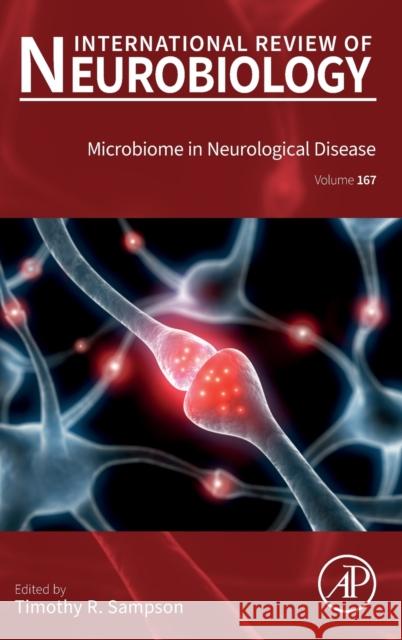Microbiome in Neurological Disease » książka
topmenu
Microbiome in Neurological Disease
ISBN-13: 9780323991766 / Angielski / Twarda / 2022 / 308 str.
Kategorie:
Kategorie BISAC:
Wydawca:
Academic Press
Seria wydawnicza:
Język:
Angielski
ISBN-13:
9780323991766
Rok wydania:
2022
Dostępne języki:
Numer serii:
000011815
Ilość stron:
308
Waga:
0.58 kg
Wymiary:
22.86 x 15.24 x 1.91
Oprawa:
Twarda











